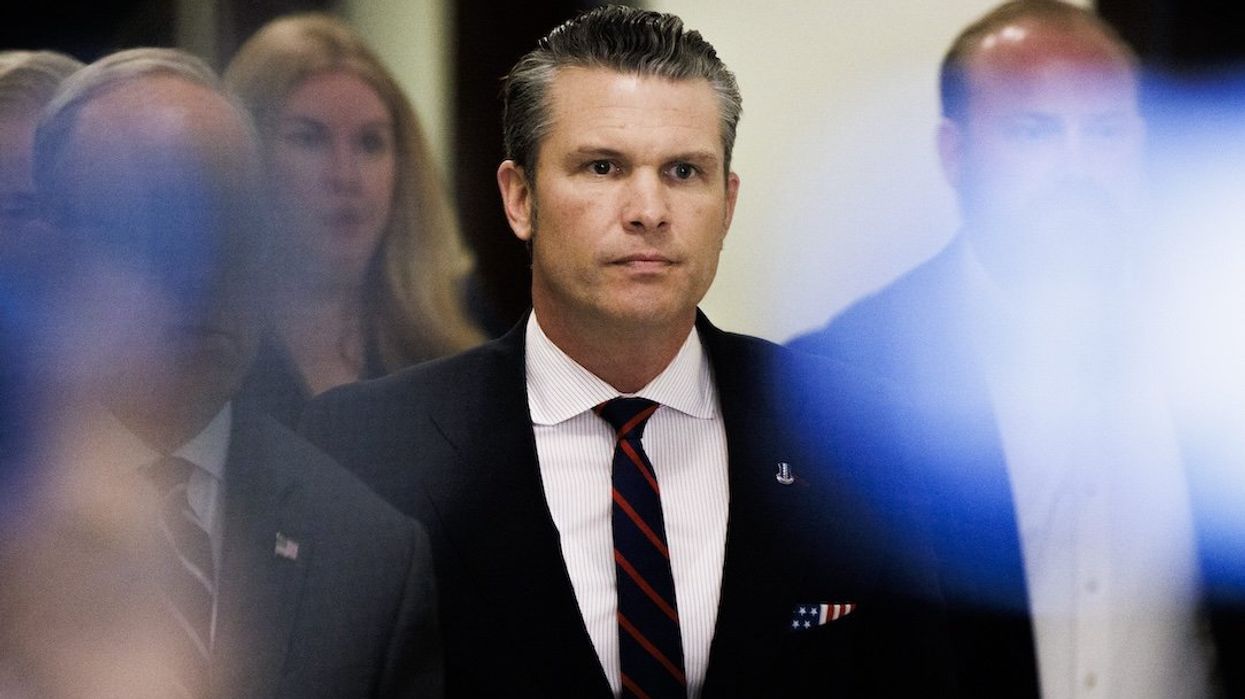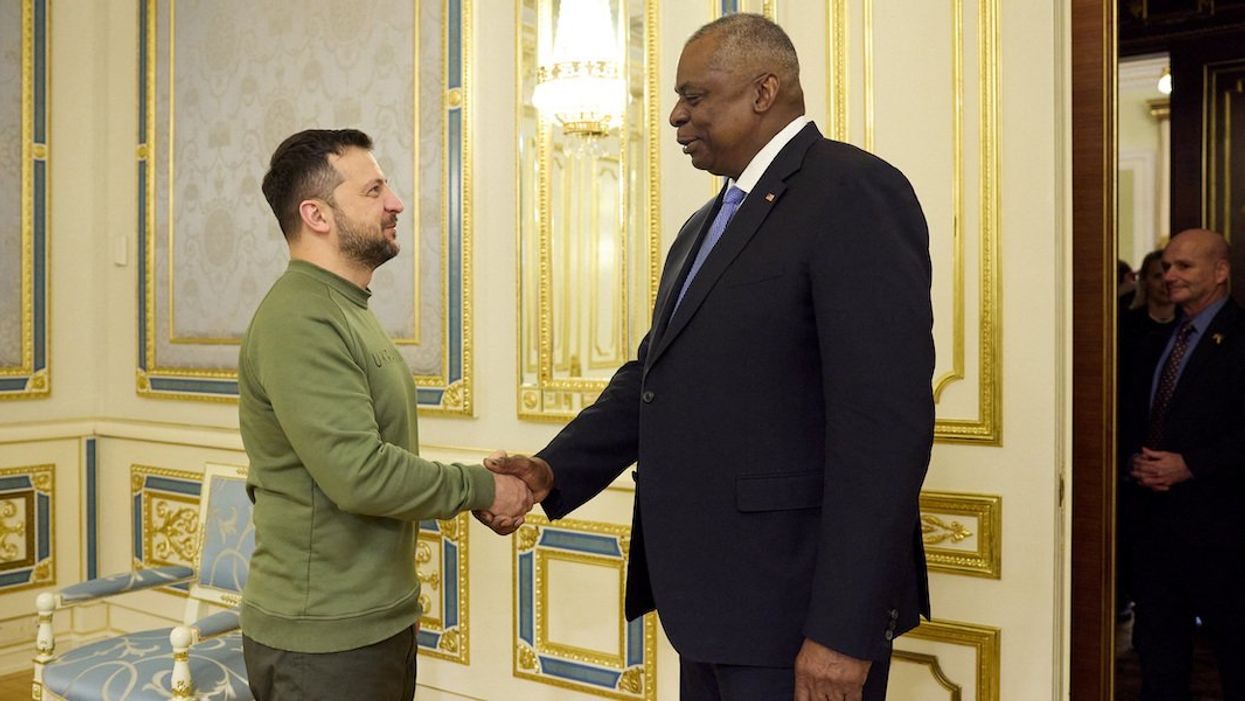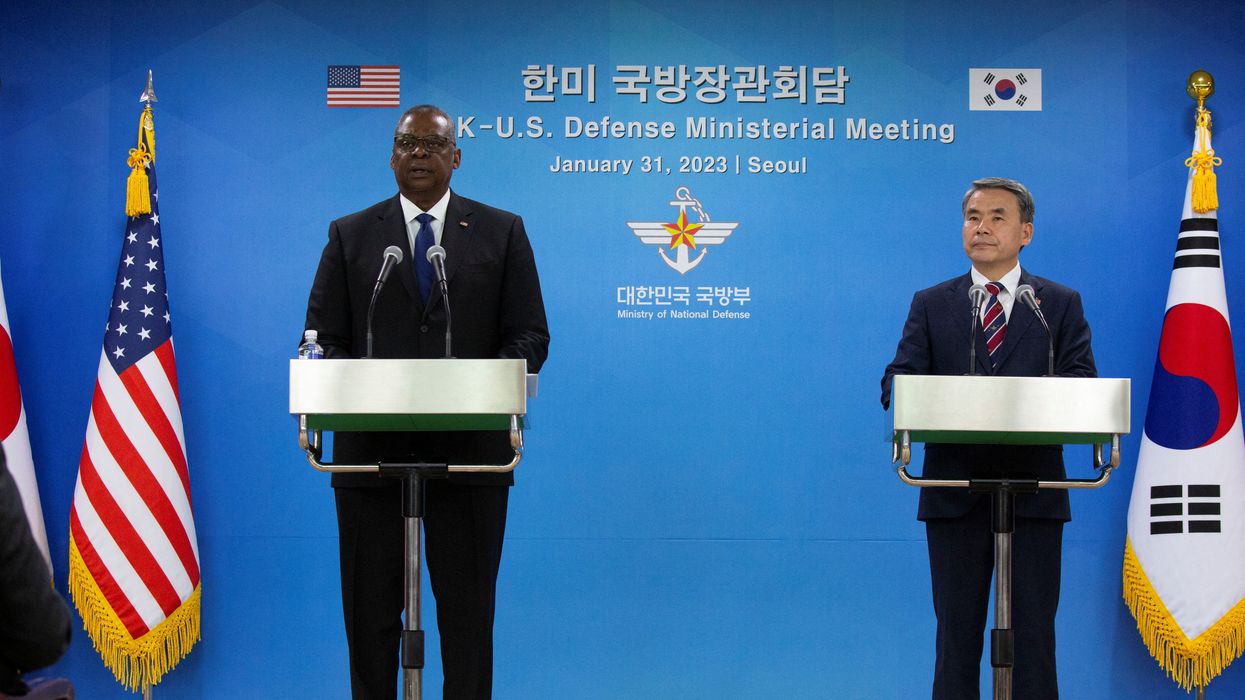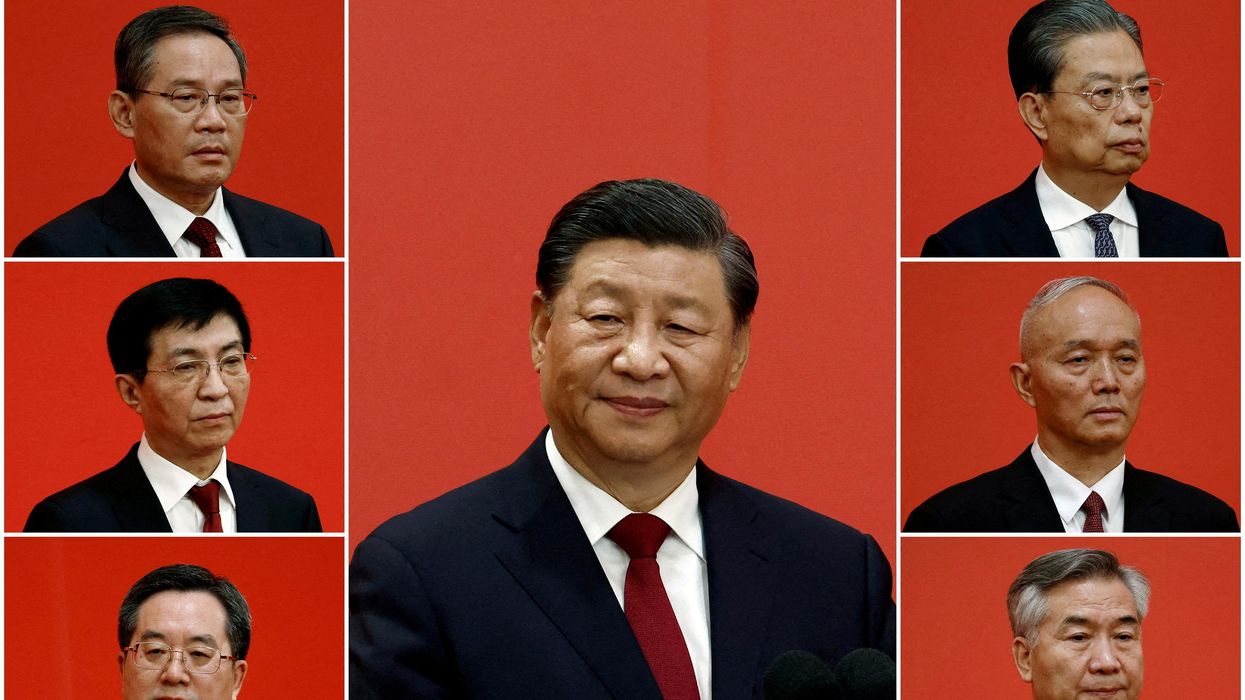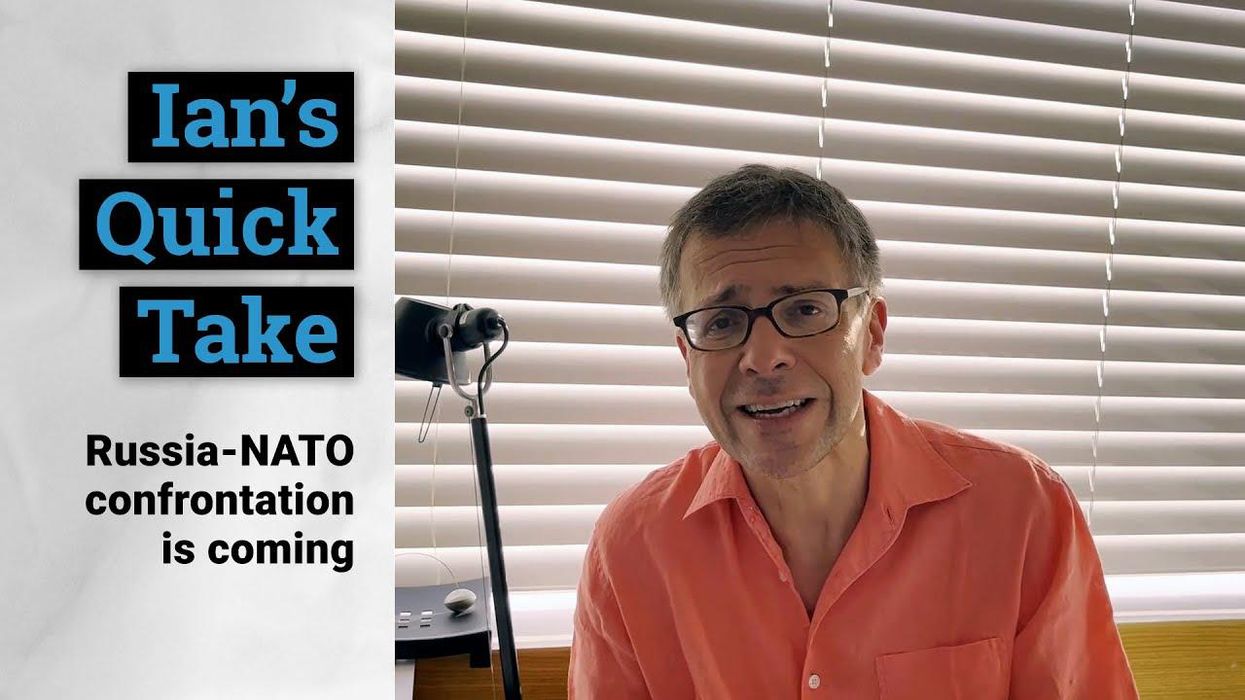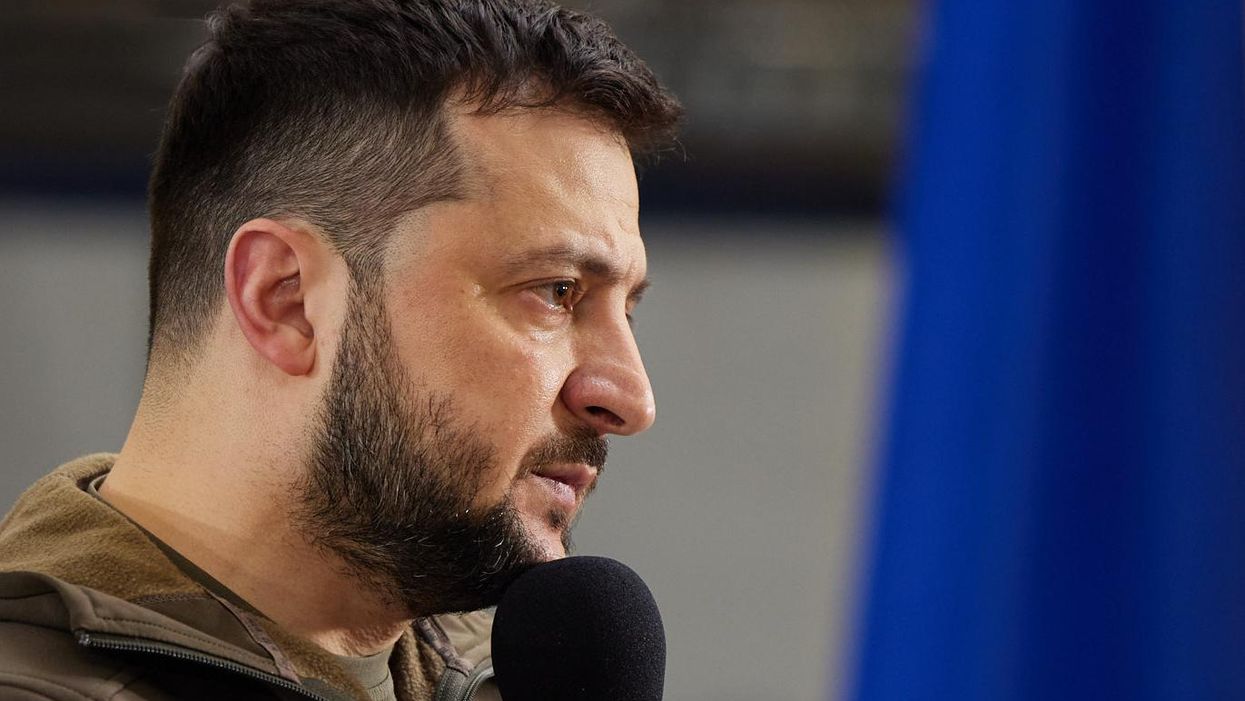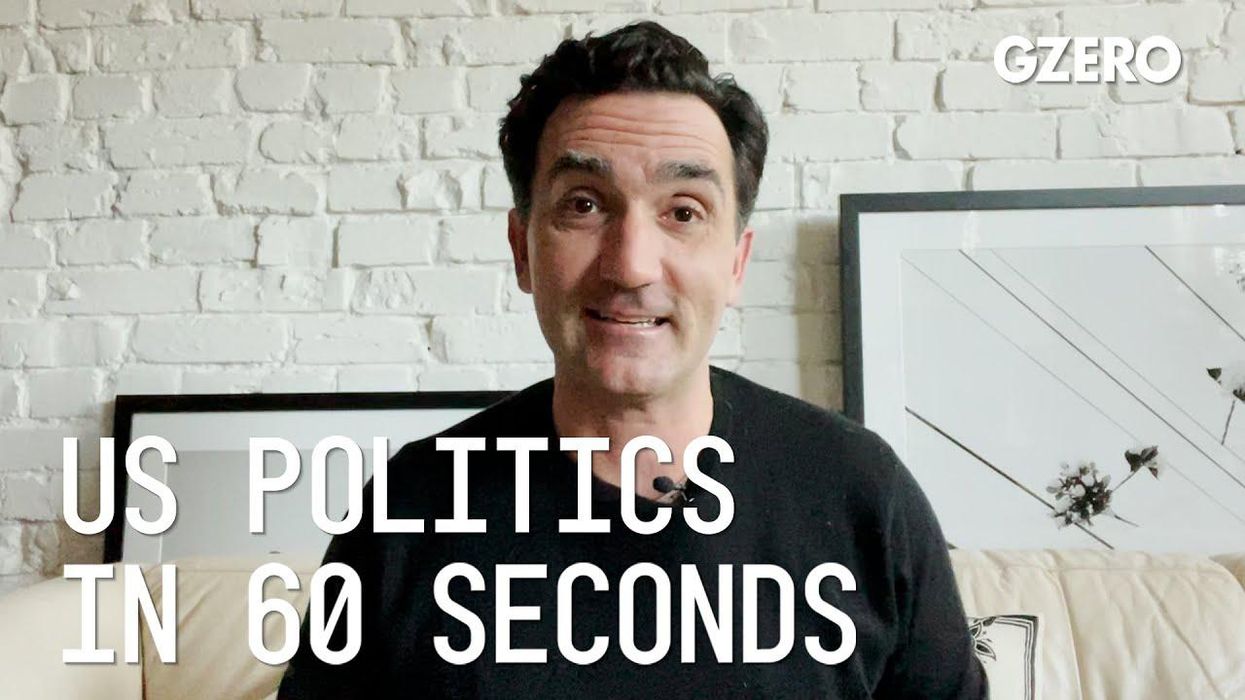GZERO North
Trump may swap Hegseth for DeSantis to helm DoD
Shortly after Trump lost Matt Gaetz, his pick for attorney general, reports suggest that the president-elect may soon send Pete Hegseth, nominated as defense secretary, packing.
Dec 05, 2024
